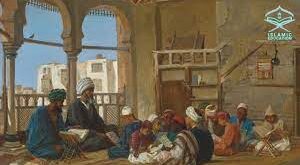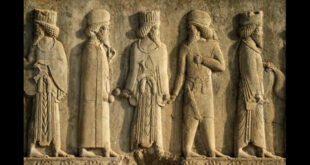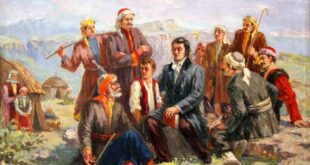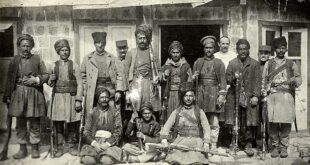Stone Hotel: Former Iraqi King’s Favorite Resort in Kurdistan Renovated

ERBIL — A historical hotel in Kurdistan Region’s Duhok province, where once was the favorite resort for a former Iraqi King, has been renovated to boost tourism in the area.
The Stone Hotel of Sarsang was built in 1951 and, thanks to the unique landscapes in its surroundings, it soon became a hotspot for high-profile guest who wished to escape the scorching heat in the central and south of Iraq and joy holidays in the mountains of Kurdistan.
Head of the Press Office of Directorate of Tourism in Duhok, Hikmat Bargarayi, told BasNews that the Stone Hotel is renovated based on its original architectural design, in which stones play a remarkable role to make the structure distinguished.
It has 63 rooms, lobbies, restaurants, bars, pools, and gardens, Bargarayi said, noting that the building was abandoned for 32 years and it was close to collapse if not renovated on time.
This is part of the Kurdistan Regional Government’s (KRG) efforts to promote tourism industry and utilize its unique nature as a source of revenue that could help the region rely less on oil for building up a strong economy.
 History of Kurdistan
History of Kurdistan









